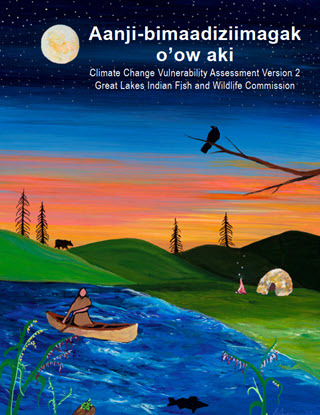A new (and free) resource called “Guide to native plants (a.k.a. Local Beings): 112 species that support clean water, wildlife habitat, and a happy soul” is now available on the Wisconsin Healthy Lakes and Rivers website. This 160-page guide has over 400 photographs and appendices of resources related to native plant gardening and ecological restoration design and installation. The guide profiles 112 native Midwest plants, providing information on: biology notes and habitats; beneficial insects and other wildlife support; seasonal interest notes; common associates the plant grows with in natural communities; and water conservation and erosion control tips. Share this resource with home gardeners, plant enthusiasts, naturalists and nature center educators, waterfront property owners, pollinator lovers, and land and water resource professionals like park directors, land and water / zoning staffers, and property managers. Contact Patrick Goggin with questions on the guide.

We also share the news that the Great Lakes Indian Fish and Wildlife Commission (GLIFWC) just released the second version of its Climate Change Vulnerability Assessment titled “Aanji-bimaadiziimagak o’ow aki” (loosely meaning “the world is changing” in Ojibwemowin). This second assessment applies traditional ecological knowledge (TEK) integrated with scientific ecological knowledge (SEK) to explore how climate change may affect 66 plant and animal beings (including those that live in lakes), and the cultural impacts of these changes. This robust assessment is rich in guidance for applying TEK and includes teachings and quotes tribal members. The assessment is meant as a resource for GLIFWC’s member tribes and their tribal and non-tribal partners, to help them prepare for upcoming changes and to help them care for those who take care of us.

TEK provides long-term, place-based, qualitative evidence of climate change that can help us evaluate climate change that we may be seeing in our cultures. If you haven’t seen GLIFWC’s first climate vulnerability assessment, it can be found here. GLIFWC has asked that these resources be shared widely!
